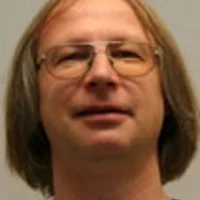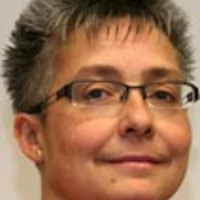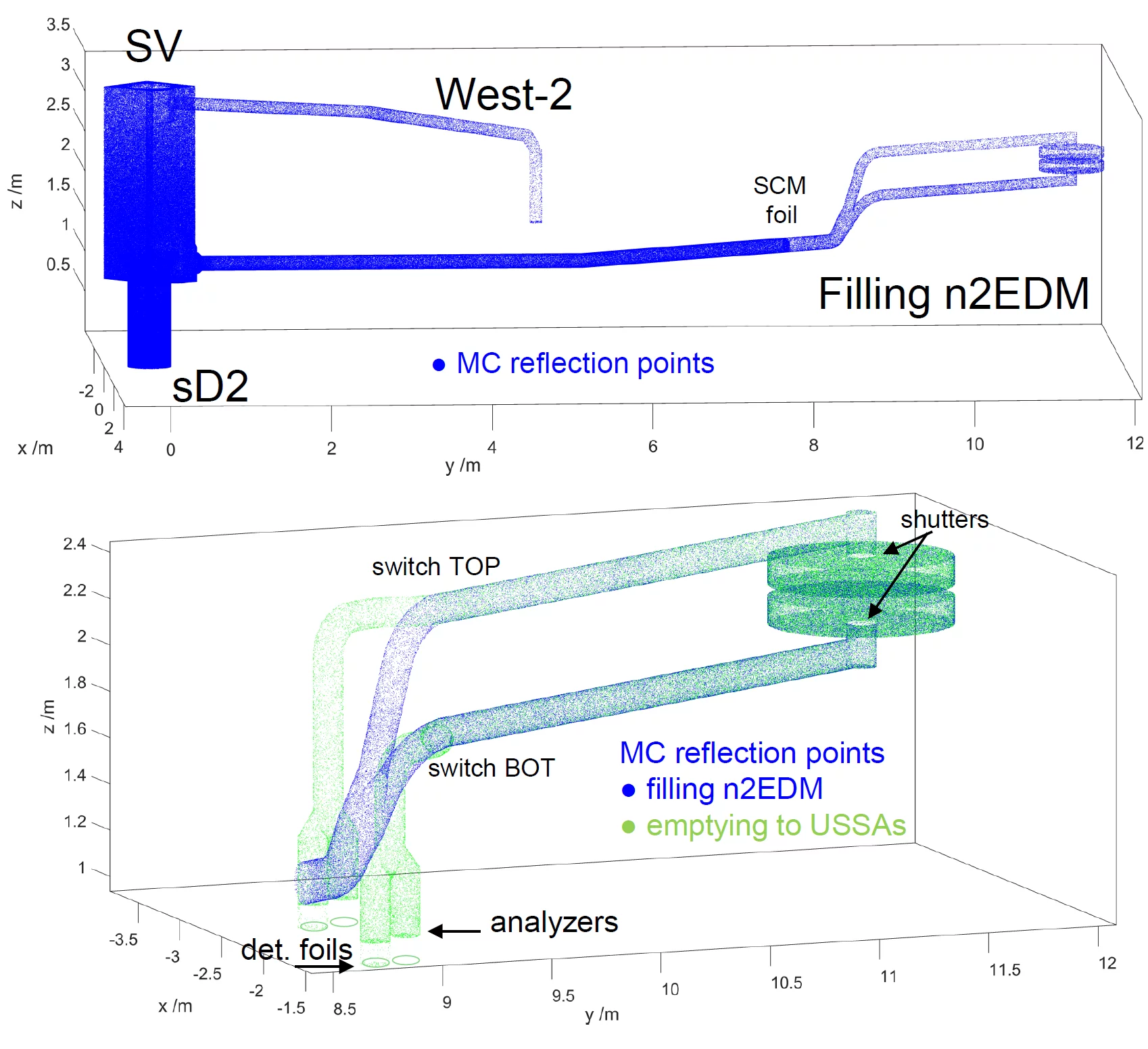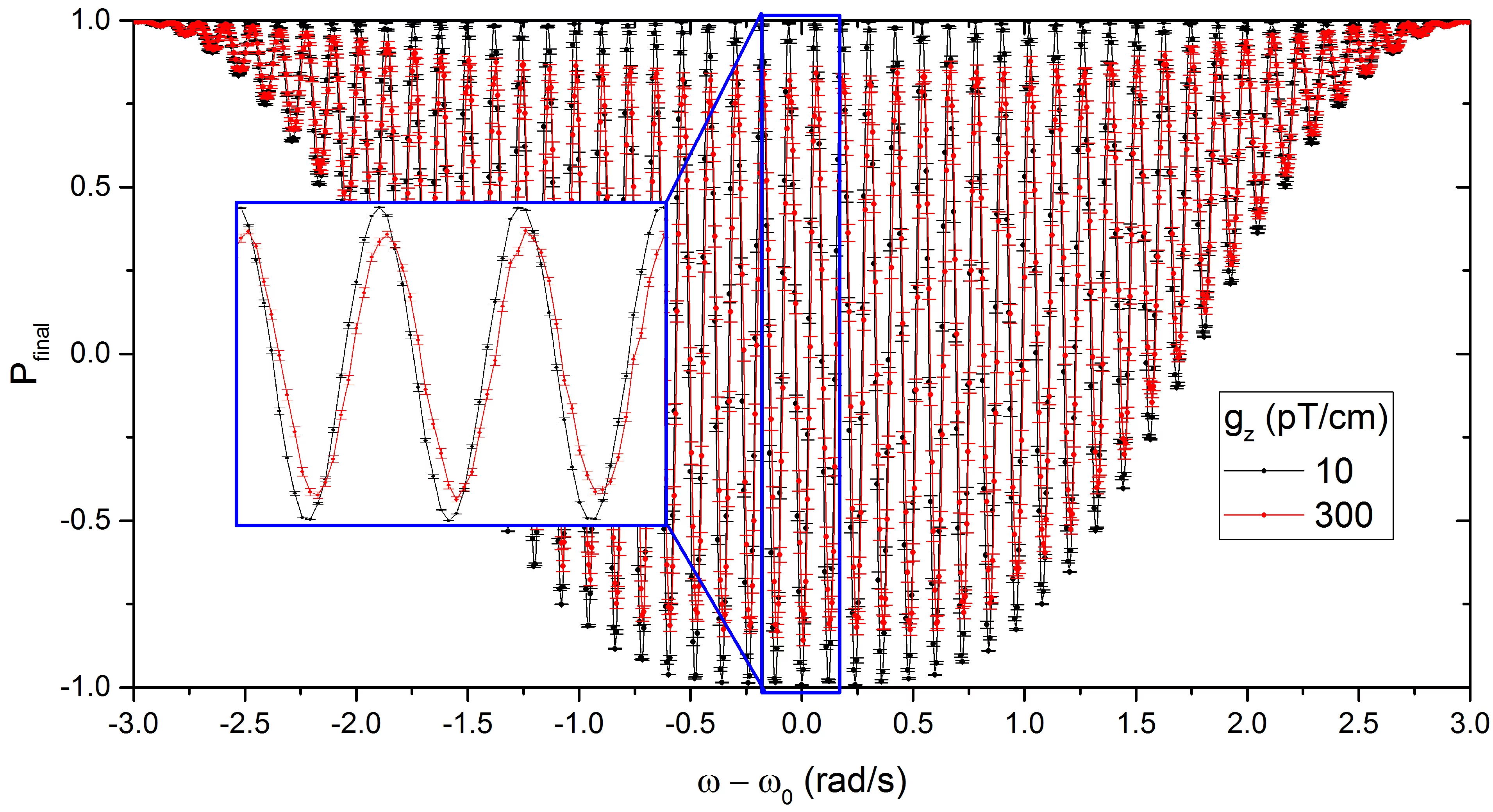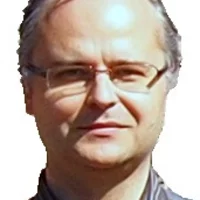The MCUCN code was developed at PSI to support the projects of the UCN physics group, with focus on the UCN source and the nEDM-Collaboration projects at PSI. MCUCN has already been used extensively in the optimization of the PSI UCN source, beamlines and experiments. MC simulations can also be deployed for planning time-efficient measurements. UCN simulations are also important for the estimation of systematic effects, for checking data analysis software by toy data, or as part of data analysis (providing e.g. collision rates, energy spectra).
In MCUCN the particles are represented by time, position, velocity and spin vector coordinates. These coordinates can be written out at user-defined 'snaphot-times' or detected by a virtual monitor surface, for example at a beamline exit, or after a detector window. As an option, reflection points on the surfaces and trajectory points can be generated aiming to test the interaction of UCN with the surfaces of the given confinement by visualizing with an independent tool e.g. Matlab. A storage volume or UCN guiding geometry can be modeled using a combination of an arbitrary large number of reflecting or transmitting second-order surface sections (planes, cylinders, cones, etc.). Toroid parts, like bent guides, can be easily built recursively via loops from smaller second-order sections without strongly increasing computing time. Triangulated mesh exports from CAD programs in form of STL ASCII files can also be used as a geometry input for MCUCN. Time dependent shutters were also defined.
The UCN interaction with the surfaces is implemented as quantum reflections on an averaged nucleus-neutron potential, including loss effects due to nuclear absorption or up-scattering (R. Golub, D. Richardson, S. K. Lamoreaux, Ultra-Cold Neutrons, Adam Hilger, 1991). The reflections can be specular and perfectly diffuse weighted by an input parameter, or non-specular based on an interference effect due to by microroughness (A. Steyerl: Zeitschrift für Physik A 254, 169 (1972)). Low magnetic fields (which are not deflecting the trajectories) were implemented using the Bloch equations for calculating the spin precession along the ballistic trajectories. A strong magnetic field, like a superconducting polarizer, or a magnetized analyzer foil, can be modeled in approximation as a local optical potential, or with a more time-consuming step-based algorithm. See below figures with example calculations and a list of publications involving results obtained with MCUCN.
The MCUCN code will be made available for users working in collaboration with us.
Publications involving MCUCN
-
Bison G, Blau B, Chen W, Chiu P-J, Daum M, Doorenbos CB, et al.
Characterization of ultracold neutron production in thin solid deuterium films at the PSI Ultracold Neutron source
Physical Review C: Nuclear Physics. 2023; 107(3): 035501 (7 pp.). https://doi.org/10.1103/PhysRevC.107.035501
DORA PSI -
Bison G, Chen W, Chiu P-J, Daum M, Doorenbos CB, Kirch K, et al.
Time-of-flight spectroscopy of ultracold neutrons at the PSI UCN source
European Physical Journal A: Hadrons and Nuclei. 2023; 59(9): 215 (8 pp.). https://doi.org/10.1140/epja/s10050-023-01104-6
DORA PSI -
Ayres NJ, Berezhiani Z, Biondi R, Bison G, Bodek K, Bondar V, et al.
Improved search for neutron to mirror-neutron oscillations in the presence of mirror magnetic fields with a dedicated apparatus at the PSI UCN source
Symmetry. 2022; 14(3): 503 (22 pp.). https://doi.org/10.3390/sym14030503
DORA PSI -
Bison G, Daum M, Kirch K, Lauss B, Ries D, Schmidt-Wellenburg P, et al.
Ultracold neutron storage and transport at the PSI UCN source
European Physical Journal A: Hadrons and Nuclei. 2022; 58: 103 (16 pp.). https://doi.org/10.1140/epja/s10050-022-00747-1
DORA PSI -
Abel C, Ayres NJ, Ban G, Bison G, Bodek K, Bondar V, et al.
A search for neutron to mirror-neutron oscillations using the nEDM apparatus at PSI
Physics Letters, Section B: Nuclear, Elementary Particle and High-Energy Physics. 2021; 812: 135993 (7 pp.). https://doi.org/10.1016/j.physletb.2020.135993
DORA PSI -
Ayres NJ, Ban G, Bienstman L, Bison G, Bodek K, Bondar V, et al.
The design of the n2EDM experiment
European Physical Journal C: Particles and Fields. 2021; 81(6): 512 (32 pp.). https://doi.org/10.1140/epjc/s10052-021-09298-z
DORA PSI -
Bison G, Blau B, Daum M, Göltl L, Henneck R, Kirch K, et al.
Neutron optics of the PSI ultracold-neutron source: characterization and simulation
European Physical Journal A: Hadrons and Nuclei. 2020; 56(2): 33 (26 pp.). https://doi.org/10.1140/epja/s10050-020-00027-w
DORA PSI -
Abel C, Ayres NJ, Bison G, Bodek K, Bondar V, Chiu P-J, et al.
Statistical sensitivity of the nEDM apparatus at PSI to n - n′ oscillations
In: Jenke T, Degenkolb S, Geltenbort P, Jentschel M, Nesvizhevsky VV, Rebreyend D, et al., eds. International workshop on particle physics at neutron sources (PPNS 2018). Vol. 219. EPJ web of conferences. Les Ulis Cedex A: EDP Sciences; 2019:07001 (9 pp.). https://doi.org/10.1051/epjconf/201921907001
DORA PSI -
Abel C, Ayres NJ, Ban G, Bison G, Bodek K, Bondar V, et al.
The n2EDM experiment at the Paul Scherrer Institute
In: Jenke T, Degenkolb S, Geltenbort P, Jentschel M, Nesvizhevsky VV, Roccia S, et al., eds. International workshop on particle physics at neutron sources (PPNS 2018). Vol. 219. EPJ web of conferences. Les Ulis Cedex A: EDP Sciences; 2019:02002 (8 pp.). https://doi.org/10.1051/epjconf/201921902002
DORA PSI -
Rozpedzik D, Bodek K, Lauss B, Ries D, Schmidt-Wellenburg P, Zsigmond G
Oscillating ultra-cold neutron spectrometer
In: Jenke T, Degenkolb S, Geltenbort P, Jentschel M, Nesvizhevsky VV, Rebreyend D, et al., eds. International workshop on particle physics at neutron sources (PPNS 2018). Vol. 219. EPJ web of conferences. Les Ulis Cedex A: EDP Sciences; 2019:10007 (7 pp.). https://doi.org/10.1051/epjconf/201921910007
DORA PSI -
Anghel A, Bailey TL, Bison G, Blau B, Broussard LJ, Clayton SM, et al.
Solid deuterium surface degradation at ultracold neutron sources
European Physical Journal A: Hadrons and Nuclei. 2018; 54(9): 148 (15 pp.). https://doi.org/10.1140/epja/i2018-12594-2
DORA PSI -
Anghel A, Bison G, Blau B, Daum M, Hild N, Kirch K, et al.
The ultracold neutron source at the Paul Scherrer Institute - performance and status
Journal of Neutron Research. 2018; 20(4): 83-86. https://doi.org/10.3233/JNR-180086
DORA PSI -
Ayres NJ, Chanel E, Clement B, Harris PG, Picker R, Pignol G, et al.
Monte Carlo simulations for the optimization and data analysis of experiments with ultracold neutrons
In: Oku T, ed. Proceedings of the international conference on neutron optics (NOP2017). Vol. 22. JPS conference proceedings. Tokyo: Physical Society of Japan; 2018:011032 (8 pp.). https://doi.org/10.7566/JPSCP.22.011032
DORA PSI -
Zsigmond G
The MCUCN simulation code for ultracold neutron physics
Nuclear Instruments and Methods in Physics Research, Section A: Accelerators, Spectrometers, Detectors and Associated Equipment. 2018; 881: 16-26. https://doi.org/10.1016/j.nima.2017.10.065
DORA PSI -
Bison G, Daum M, Kirch K, Lauss B, Ries D, Schmidt-Wellenburg P, et al.
Comparison of ultracold neutron sources for fundamental physics measurements
Physical Review C: Nuclear Physics. 2017; 95(4): 045503 (20 pp.). https://doi.org/10.1103/PhysRevC.95.045503
DORA PSI -
Blau B, Daum M, Fertl M, Geltenbort P, Göltl L, Henneck R, et al.
A prestorage method to measure neutron transmission of ultracold neutron guides
Nuclear Instruments and Methods in Physics Research, Section A: Accelerators, Spectrometers, Detectors and Associated Equipment. 2016; 807: 30-40. https://doi.org/10.1016/j.nima.2015.10.075
DORA PSI -
Afach S, Ayres NJ, Baker CA, Ban G, Bison G, Bodek K, et al.
Gravitational depolarization of ultracold neutrons: comparison with data
Physical Review D: Particles and fields. 2015; 92(5): 052008 (10 pp.). https://doi.org/10.1103/PhysRevD.92.052008
DORA PSI -
Afach S, Ayres NJ, Ban G, Bison G, Bodek K, Chowdhuri Z, et al.
Observation of gravitationally induced vertical striation of polarized ultracold neutrons by spin-echo spectroscopy
Physical Review Letters. 2015; 115(16): 162502 (6 pp.). https://doi.org/10.1103/PhysRevLett.115.162502
DORA PSI -
Daum M, Franke B, Geltenbort P, Gutsmiedl E, Ivanov S, Karch J, et al.
Transmission of ultra-cold neutrons through guides coated with materials of high optical potential
Nuclear Instruments and Methods in Physics Research, Section A: Accelerators, Spectrometers, Detectors and Associated Equipment. 2014; 741: 71-77. https://doi.org/10.1016/j.nima.2013.12.050
DORA PSI -
Bodek K, Chowdhuri Z, Daum M, Fertl M, Franke B, Gutsmiedl E, et al.
MC calculations for the nEDM experiment systematics
In: Kirch K, Lauss B, Ritt S, eds. 2nd international workshop on the physics of fundamental symmetries and interactions - PSI2010. Vol. 17. Physics procedia. sine loco: Elsevier; 2011:259-267. https://doi.org/10.1016/j.phpro.2011.06.046
DORA PSI
